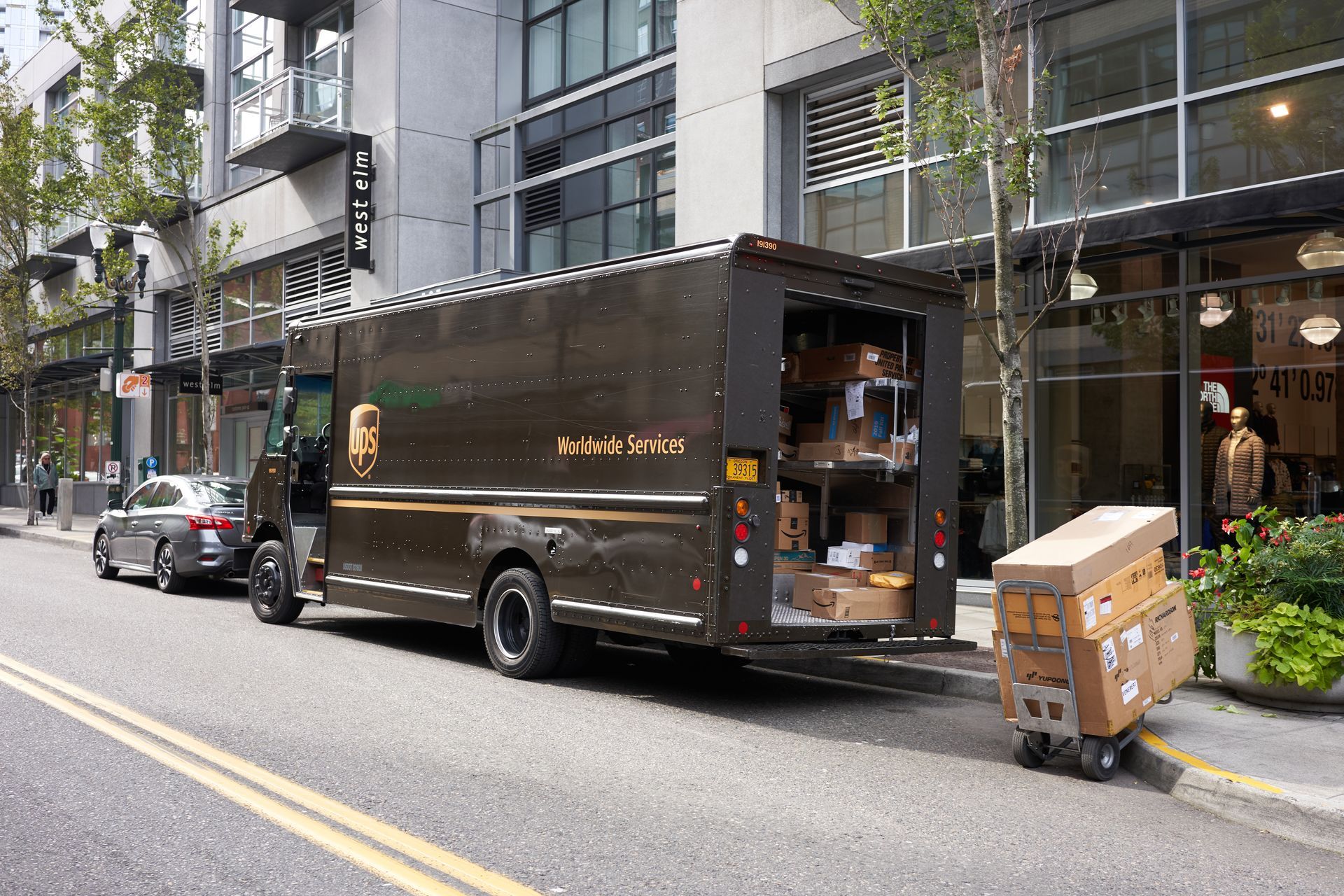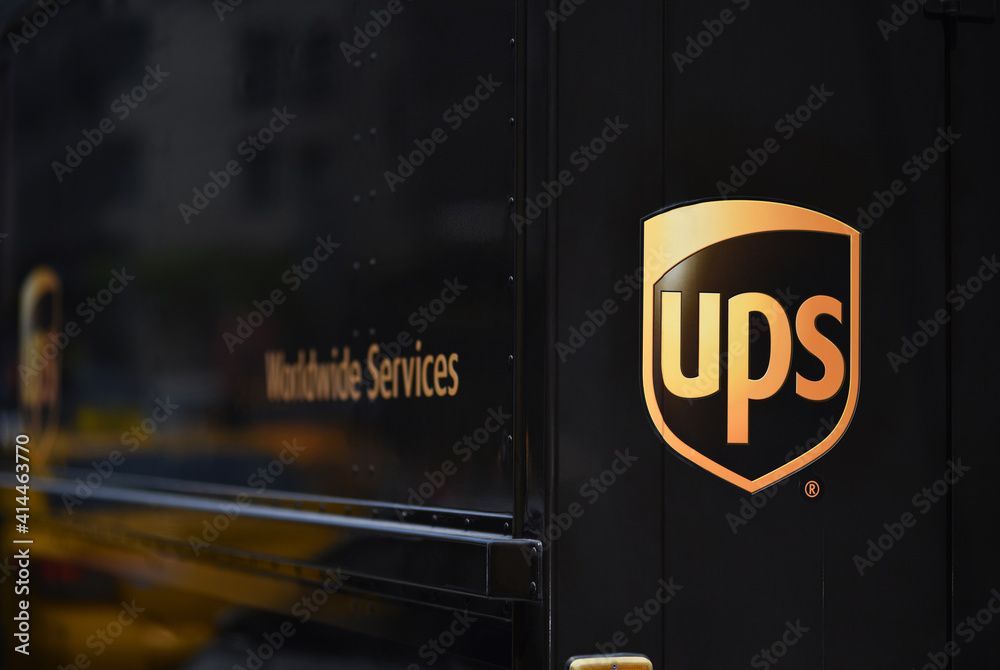Best Practices for Parcel Contract Negotiation
Parcel Contract Negotiations can be challenging, but strategies do exist to help shippers reduce their parcel rates.

Parcel contract negotiations can be challenging, but strategies do exist to help shippers reduce their parcel rates. Bringing in a third party to provide accurate pricing benchmarking can offer transparency and level the playing field during negotiations.
From lowering the calculation threshold of dimensional factors to negotiating peak/demand surcharge discounts, there are many opportunities to save on shipping costs. Learn more about these and other important strategies for optimizing your small parcel contract.
Know and Use Your Data
Businesses can benefit from leveraging their shipping data for negotiation purposes, especially when it comes to small parcel contracts. However, it’s important to keep in mind that contract negotiations go beyond rate structures and payment terms to also explore other critical factors like service conditions. Having an expert negotiator on your side can help you uncover more cost-saving opportunities and streamline logistics operations by making the most of your data insights.
During the negotiating process, it’s crucial to have a complete understanding of your shipping data, including shipping zones, package weights, dim divisors and the effect of your volume on carrier rates. Without this information, it can be difficult to identify a fair rate and gain leverage in the negotiation process. This is why a third-party expert who understands your business and shipping needs can provide valuable insight and expertise throughout the entire process, helping you secure a contract that’s cost-effective and service-oriented.
Negotiating for optimal terms is an ongoing process that requires careful planning and market insight. Even if you’re happy with your current contract, it’s worthwhile to look for opportunities to improve on existing terms to save money and ensure continued, high-quality service. For example, securing residential delivery surcharge discounts can help you reduce your overall shipping costs and pass savings on to your customers. Similarly, negotiating caps on accessorial charges can help you prevent costly overruns by keeping your shipping expenses predictable.
Finally, it’s important to focus on building positive relationships with your carriers, which can lead to preferred pricing and higher service levels over time. A strong relationship can make it easier to overcome service disruptions and recover overcharges, and it can be an effective way to build more trust during the negotiating process.
By implementing these strategies, you can secure a parcel contract that dramatically lowers your shipping costs while delivering high-quality service. Just remember that negotiating can be a complicated and lengthy process, so it’s essential to plan ahead, work with an experienced third party and stay informed of industry trends. This will help you maximize the benefits of your new contract while maintaining a cost-effective and efficient shipping operation for your e-commerce business.
Map Out Your Needs and Goals
The best way to approach parcel contract negotiation is by mapping out your business’s specific shipping needs and goals. This is crucial in ensuring your company’s interests are represented at the negotiation table. Identifying your unique shipping characteristics and priorities will help you gain leverage with carriers and negotiate more favorable rates, tiers, fees, and other terms.
For example, if your shipping volume fluctuates during peak periods, you may want to include performance-based incentives in your contract. These incentives could come in the form of reduced or waived service charges, a lower minimum spend threshold, or priority handling during peak seasons. These types of incentives can add up to significant cost savings if negotiated correctly.
Other considerations when mapping out your shipping needs and goals are the impact of a General Rate Increase (GRI), payment terms, and termination fees. The GRI is an annual adjustment to shipping fees and surcharges by major shipping carriers. Learn about the 2024 GRI here.
GRIs can have a big impact on your bottom line, and it’s important to understand the impact of each one so that you are aware of what your shipping costs will look like going forward. It’s also important to remember that a GRI is just one of many factors that can affect your parcel costs, and it’s crucial to keep an eye on other trends in the carrier marketplace and shipping data so you can continue to negotiate for the most competitive rates.
While a parcel contract can be beneficial for businesses of all sizes, it becomes increasingly valuable as ecommerce volumes grow. As a result, effectively navigating the process of negotiating a favorable parcel contract is vital to achieving success for your ecommerce company. A well-planned and executed renegotiation can provide you with significant shipping cost savings, improved carrier service quality, and greater flexibility for your supply chain. By leveraging third party expertise, being informed of your shipping data and carrier marketplace, and staying on top of refund opportunities, you can secure the ideal parcel contract for your company’s unique requirements. This will fuel your business’s growth and ensure your customers have a positive experience.
Develop a Negotiation Strategy
When negotiating with carriers, it’s important to remember that their goal is to make as much money as possible. This is a direct contrast to your business goals, which are to lower shipping costs and improve service quality. Despite this difference, a strategic approach to parcel contract negotiations can help you achieve both objectives.
The elements of a parcel contract are diverse, including rates and discounts, surcharges and fees, and service conditions. To successfully negotiate your contract, you’ll need to develop a comprehensive strategy that accounts for all these components. The best parcel contract negotiation strategies include leveraging data insights, seeking third-party expertise, and implementing ongoing analysis/optimization of shipping data.
Effective contract negotiations can lead to significant cost savings and improved service quality for e-commerce businesses. To do this, you’ll need to assess your shipping needs and goals, conduct a shipping audit, identify potential rate savings, and leverage data analytics during negotiations with carrier representatives.
One of the most common mistakes businesses make when negotiating their parcel contracts is failing to take advantage of all available discount and rebate opportunities. Carrier representatives often offer tiers for earning discounted rates on specific volume levels, which can save you 15 to 20 percent or more on your shipping costs. However, if you’re not aware of these discounts and how they work, it’s easy to miss out on them.
Another important aspect of parcel contract negotiations is ensuring that your agreement offers strong on-time delivery guarantees and clear remedies for service failures. These aspects of your contract will provide your customers with a sense of confidence in the speed and accuracy of your shipping services, which can boost customer retention.
Finally, it’s important to ensure that your contract includes a termination clause that gives you the option to renegotiate rates and switch carriers as needed. This can save your company money in the long run by reducing your overall shipping expenses, and it’s something that you should always consider when negotiating with your carrier.
Parcel contract negotiation can be a complex, time-consuming process, but it’s critical for companies looking to save on shipping costs and maintain high service standards. To do this, you’ll need a clear understanding of your shipping needs, a thorough shipping audit, and expert assistance. By utilizing these strategies, you can secure a parcel contract that’s beneficial to your business and meets all of your requirements. Read more on When to Use Parcel Contract Negotiations.
Utilize an Expert Negotiator
Getting the most out of your parcel contract negotiations requires careful planning, strategic execution, and the support of third-party expertise. Effective negotiating can unlock significant cost savings and improve service quality, allowing your business to keep more money in your pocket and provide your customers with the best possible experience.
Parcel contract negotiation is an ongoing process, so be sure to stay up-to-date on the latest market changes and shipping carrier pricing updates. Renegotiating your parcel contract can also help to offset unexpected increases in carrier rates or other fees, reducing the impact on your bottom line.
A third-party expert, such as Mindful Logistics, can analyze your shipping data, recommend the best negotiation strategy, and provide ongoing contract monitoring and optimization to ensure that your e-commerce business is always getting the most out of its parcel contracts. They can also help you to identify and recover overcharges, negotiate dimensional factor discounts and surcharges, and establish minimum spend, base rate caps, and payment terms that work for your business.
In addition to the typical rates and discounts, a parcel contract typically includes numerous other terms, including earned discount tiers, service level guarantees, specialized handling requirements, bundling options, insurance coverage, and more. While some of these terms may seem non-negotiable, it is always worth trying to get the best deal for your business.
Carrier representatives will often tell you that certain terms are “non-negotiable,” but these terms may not necessarily be in your best interest. Negotiating transit time guarantees, for example, can offer your customers peace of mind and ensure that their packages arrive within a specific window, providing them with a positive customer experience.
The complexities involved in parcel contract negotiation can be overwhelming. However, with the right knowledge and the assistance of an experienced third-party professional, you can successfully secure a parcel contract that reduces your shipping costs and provides high levels of service for your customers. So, don’t hesitate — start your negotiations today!
Ready to work with Mindful Logtistics?
Let's connect! We’re here to help.
Send us a message and we’ll be in touch.
Or give us a call today at (919) 368-6169
Agency Contact Form
More Info on Shipping and Saving




